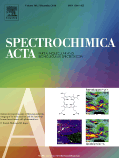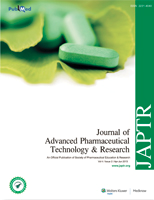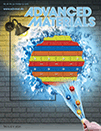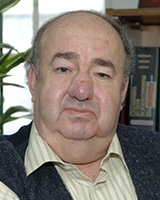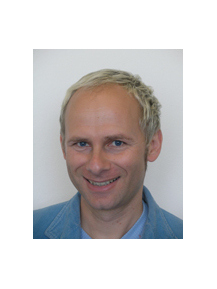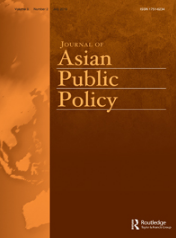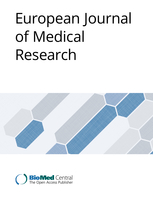 A journal has retracted a 2015 study about lung cancer after learning the peer-review process had been compromised.
A journal has retracted a 2015 study about lung cancer after learning the peer-review process had been compromised.
The paper was published in March, 2015 — the same month publisher BioMed Central (BMC) pulled 43 papers for fake reviews.
According to the retraction notice in the European Journal of Medical Research, the authors’ institution in China informed the publisher that the authors had used a third party to help with copyediting and submission to the journal, raising concerns about the authorship of the paper.
Here’s the retraction notice, published in August: Continue reading Medical journal retracts study over fake review, authorship concerns
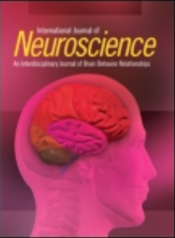
 In a massive cleanup, Springer and BioMed Central announced today they are retracting 58 papers for several reasons, including manipulation of the peer-review process and inappropriately allocating authorship.
In a massive cleanup, Springer and BioMed Central announced today they are retracting 58 papers for several reasons, including manipulation of the peer-review process and inappropriately allocating authorship.
